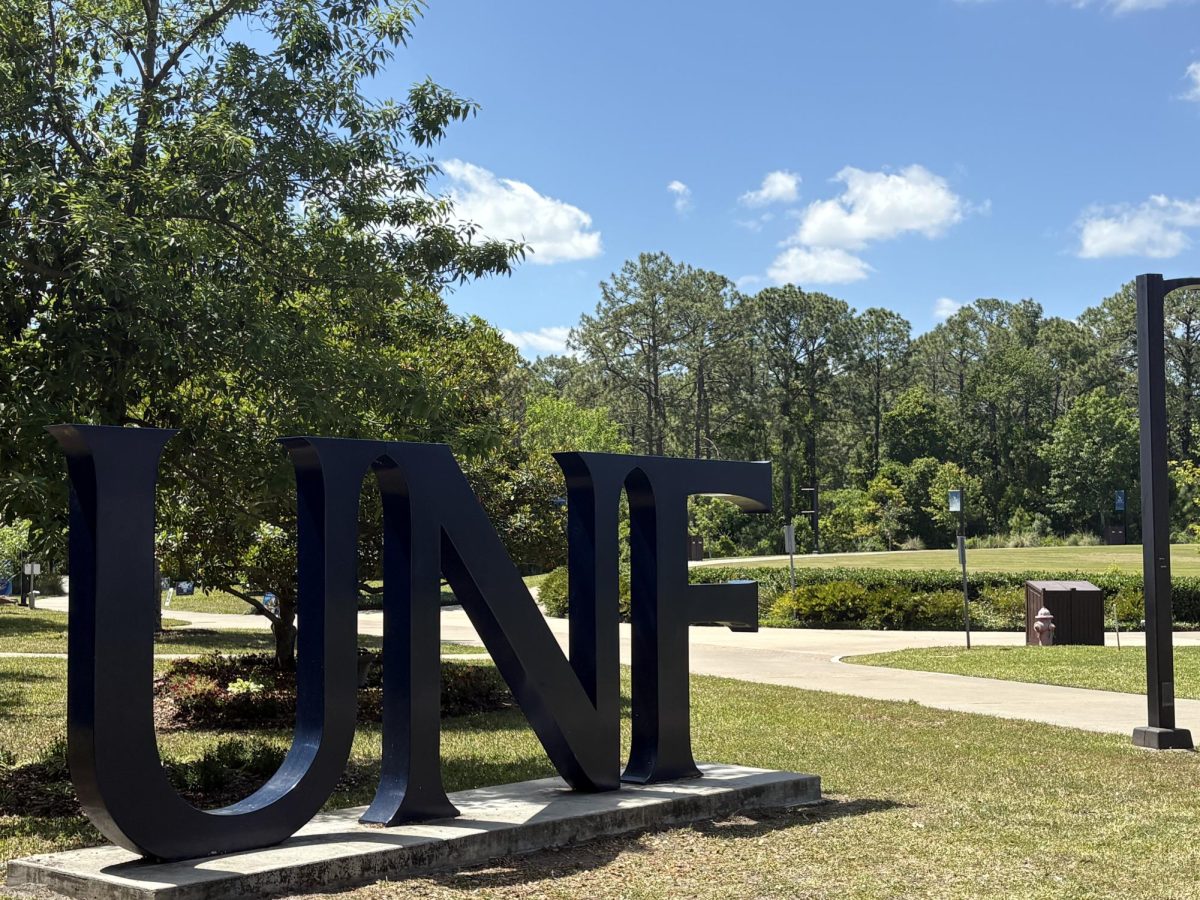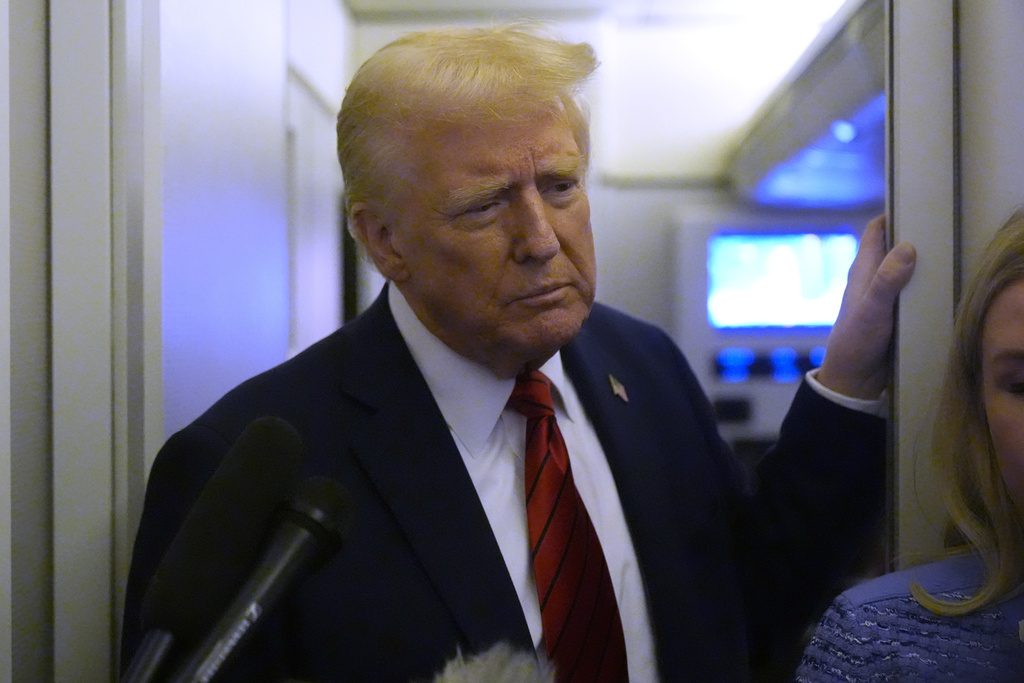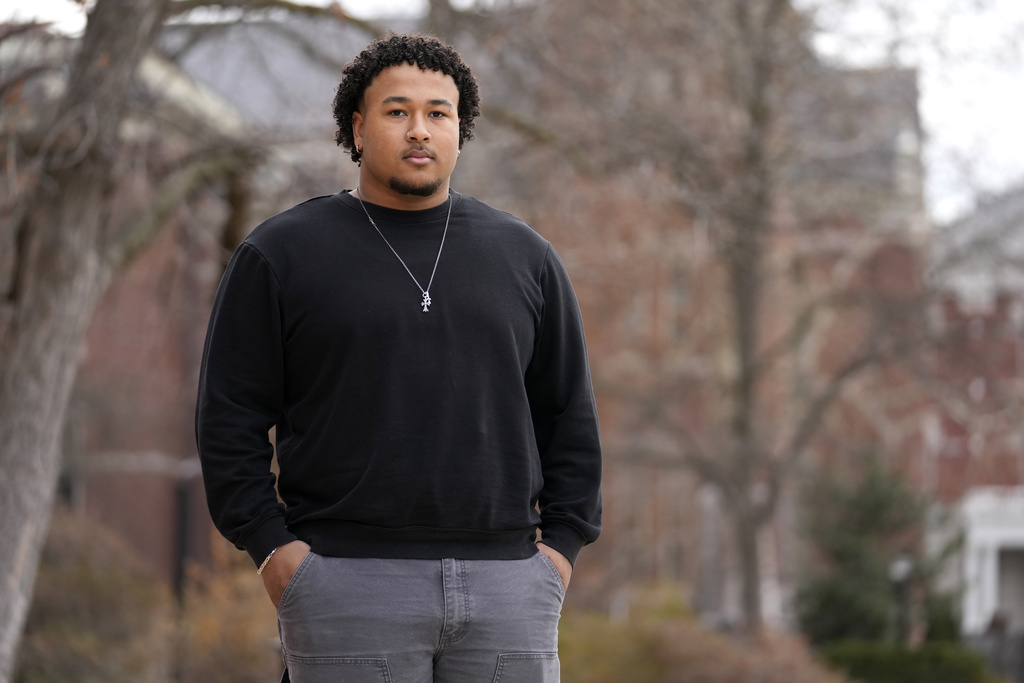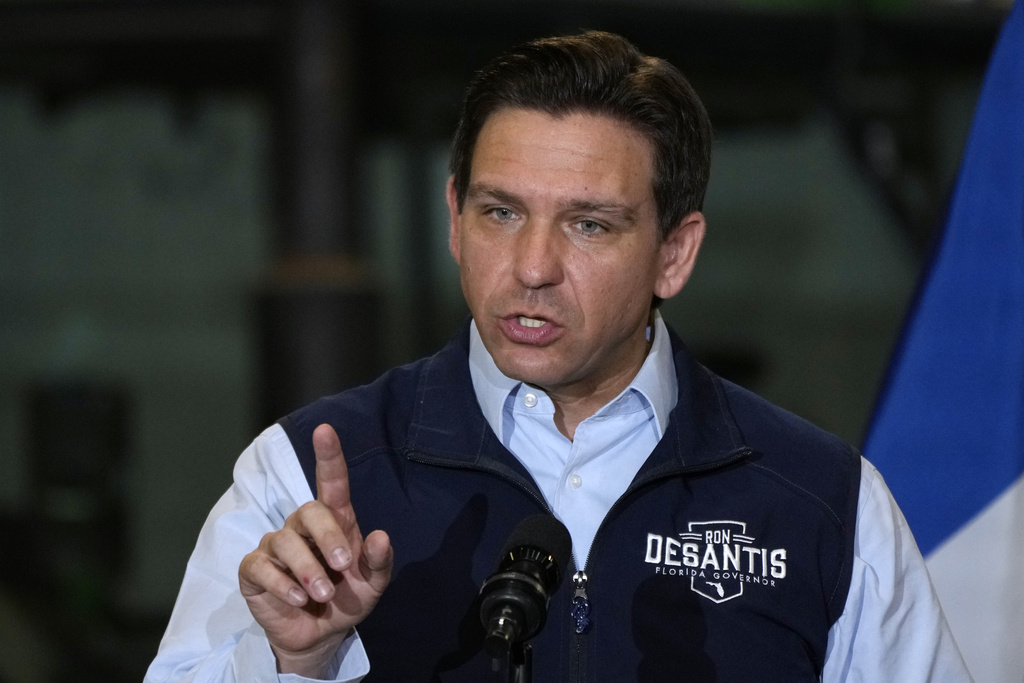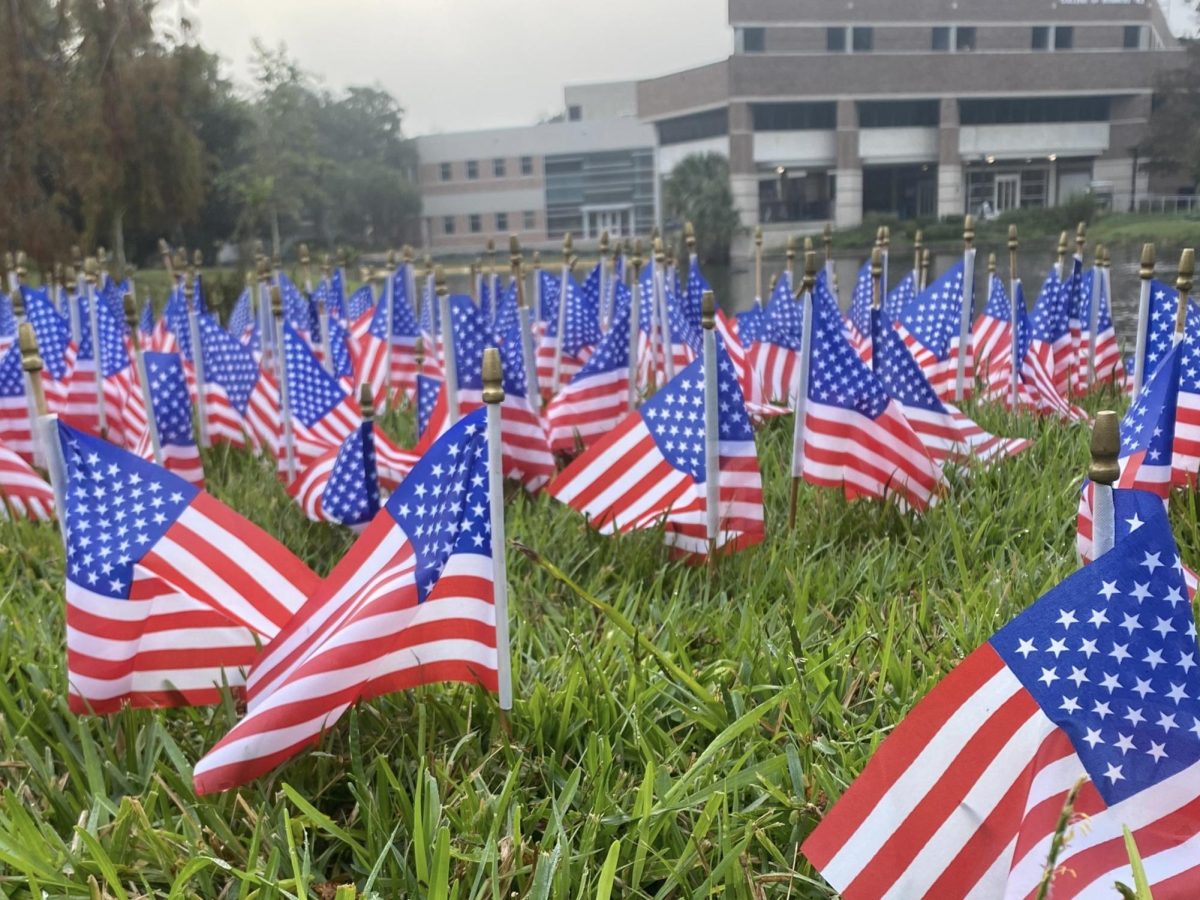Oxford University and its manufacturing partner AstraZeneca in the United Kingdom, have come up with a vaccine to combat Coronavirus with a projected release date being in October this year if all goes well. However, President Trump put pressure on the FDA in a tweet Saturday to release the vaccine ASAP and made reference to a “deep state” conspiracy preventing its release before the presidential elections.
The deep state, or whoever, over at the FDA is making it very difficult for drug companies to get people in order to test the vaccines and therapeutics. Obviously, they are hoping to delay the answer until after November 3rd. Must focus on speed, and saving lives! @SteveFDA
— Donald J. Trump (@realDonaldTrump) August 22, 2020
According to the BBC, an additional 300 people in the coming weeks will take part in the ongoing human trial of the vaccine. Thus far, chimpanzees, pigs and mice have also been tested for the vaccine.
The Phase 1 portion of the trial resulted in both mice and pigs being immune from the vaccine. Phase 2 was a human trial with 1,090 adults ages 18-55, who demonstrated “acceptable safety profile” according to the Telegraph. Most patients had an antibody response after one dose and all patients showed a response after two.
However, there are issues that remain before Phase 3 can be completed, according to the FDA. Until the vaccine has been tested on 30,000 humans, it is not deemed safe – the UK hopes to get to those numbers by October.
Some people have experienced fevers or headaches after taking the vaccine. Therefore, it is not clear how long the protection will last, and if it can be used in adults from age 55 or above since no one in the trial was older than that.
There is also skepticism on a Russian vaccine that has recently been released.
Trump’s tweet, asserting that by the November presidential elections the ‘deep state’ may prevent the American people from getting the vaccine for political reasons, sparked a response by Speaker of the House Pelosi, also on Twitter:
The FDA must approve drugs or vaccines based on their safety and effectiveness – NOT political pressure from the White House.
The President’s dangerous attempt to inject himself into the scientific decisions of @US_FDA jeopardizes the health & well-being of all Americans. https://t.co/Dt7CBVjX1D
— Nancy Pelosi (@SpeakerPelosi) August 22, 2020
Phase 3 is beginning its initiation phase in the UK, US, Brazil and South Africa. The first results are expected by October which, if successful, will potentially release the vaccine soon after. Deals have been secured 2 billion doses thus far.
As students and faculty around the country are returning to campuses, many are concerned about the spread of the virus, especially with the absence of a vaccine. UNF professor Amber Barnes, an expert in epidemiology out of the Department of Public Health, told Spinnaker why a vaccine distributed too early can be dangerous.
“Creating a vaccine and administering mass vaccinations is an incredibly difficult and long process,” Barnes said. “When a research team designs or develops a new vaccine candidate, they first need to test it to make sure that it will be safe to give to people, particularly those who are most at-risk such as the elderly, pregnant women, children or those with underlying health conditions. They need to determine the dosage and the best method for delivery.”
__
For more information or news tips, or if you see an error in this story or have any compliments or concerns, contact editor@unfspinnaker.com.








